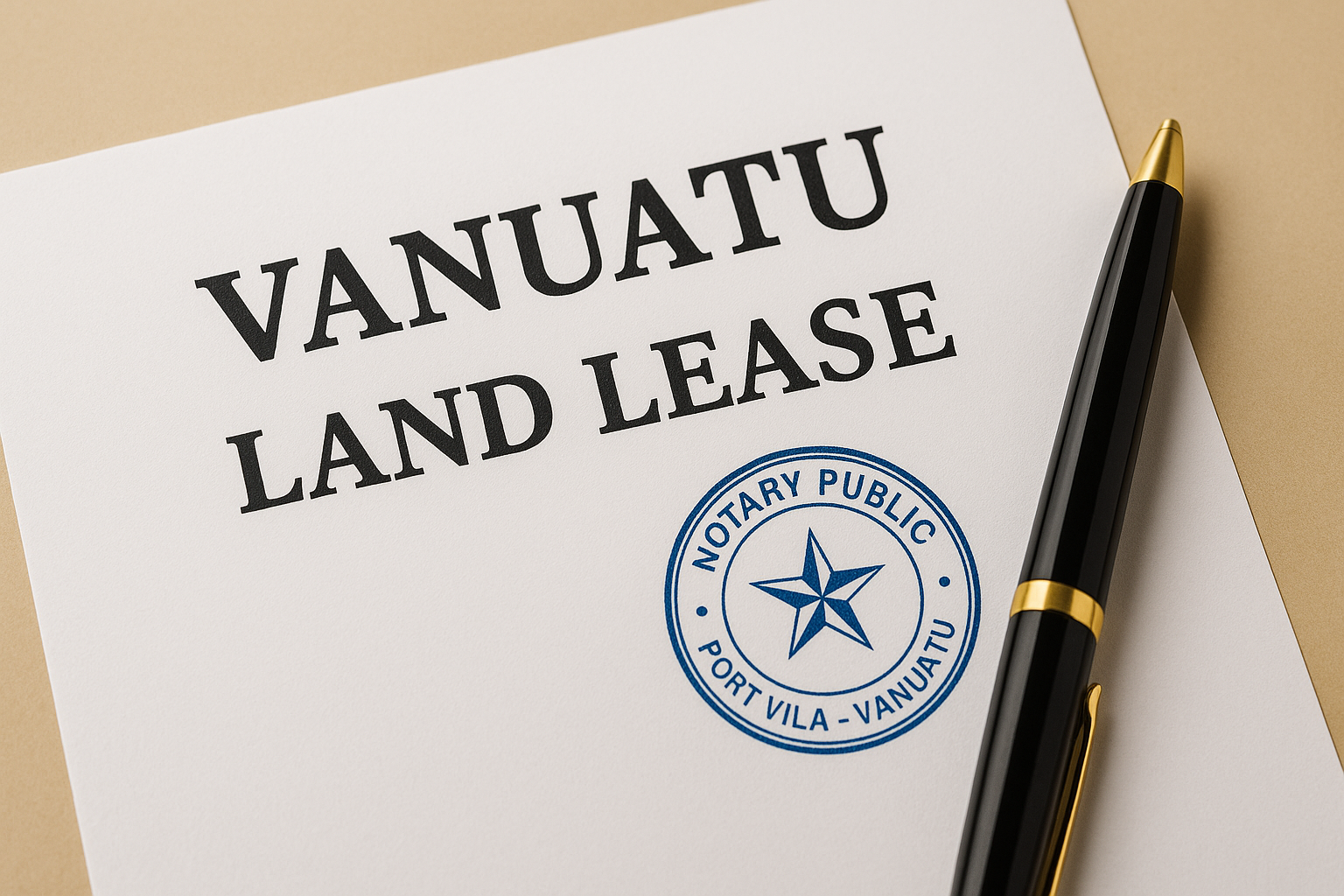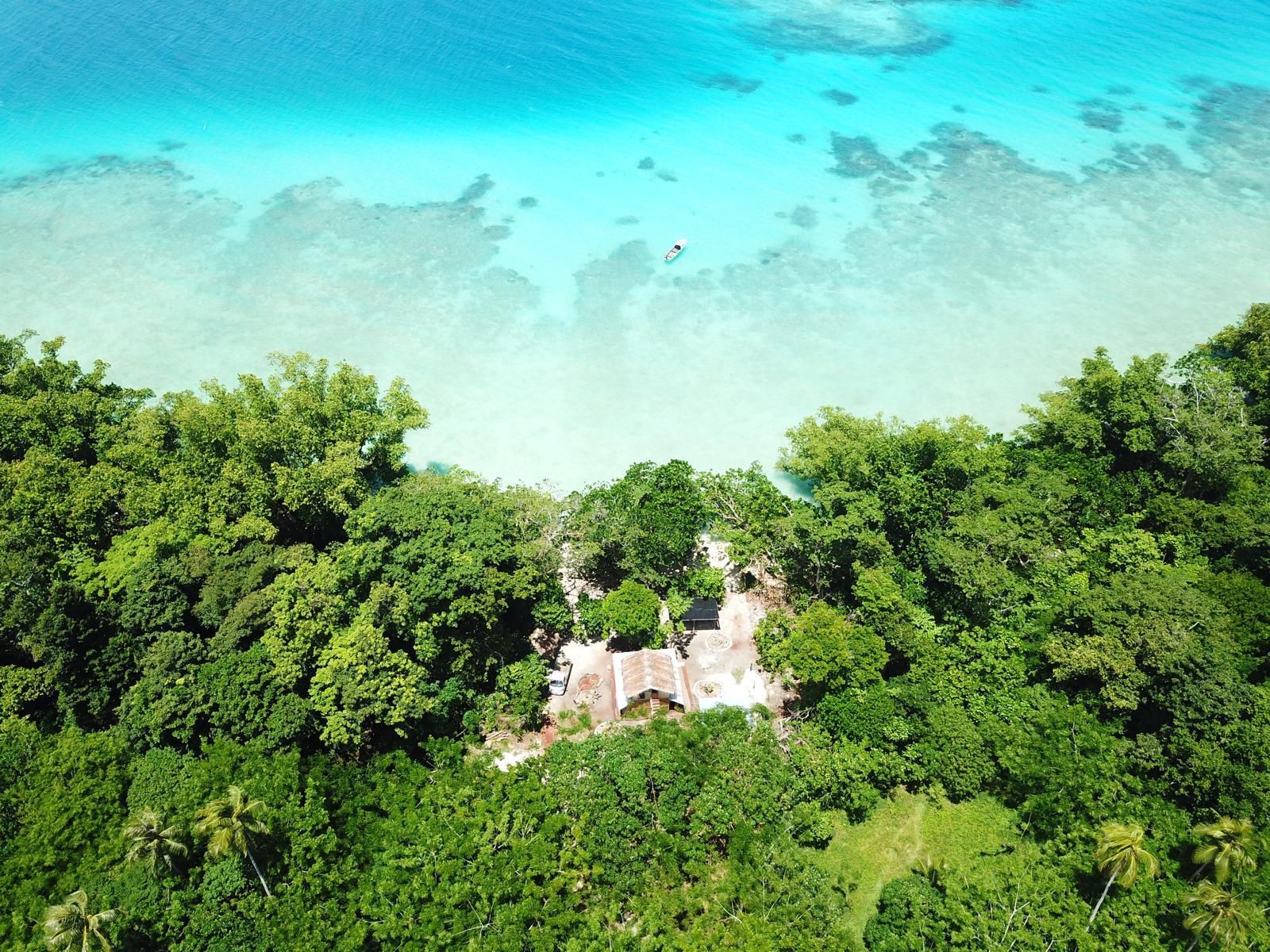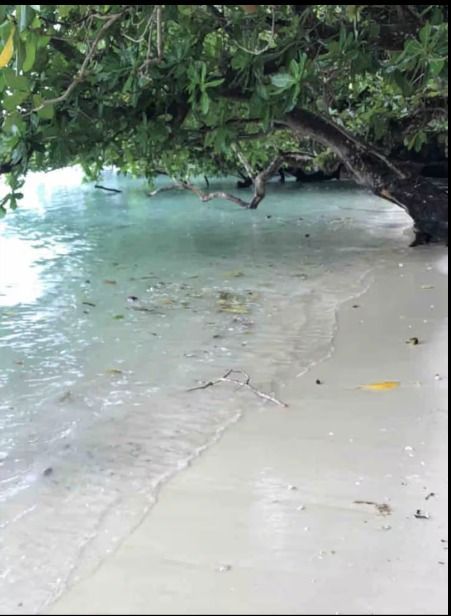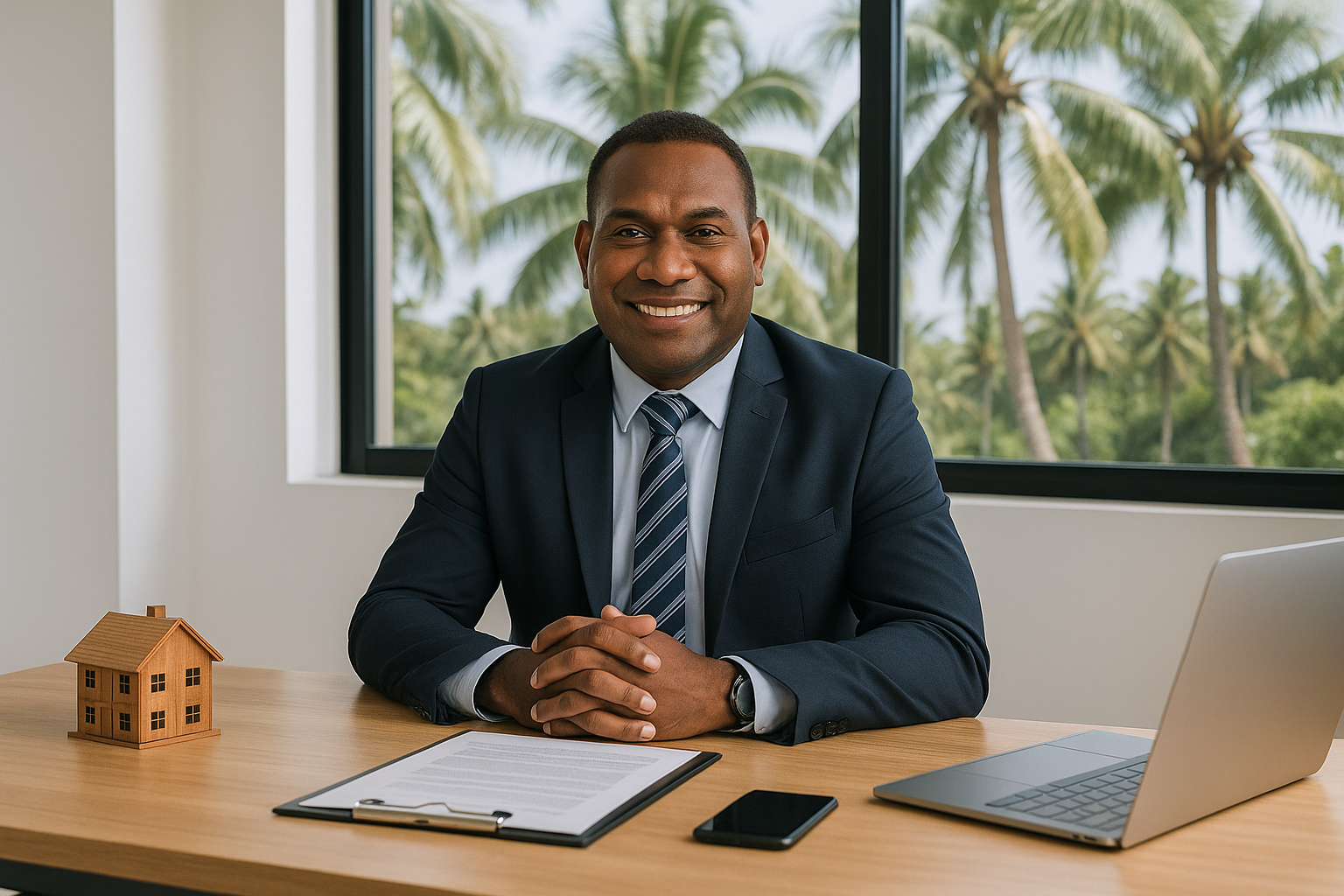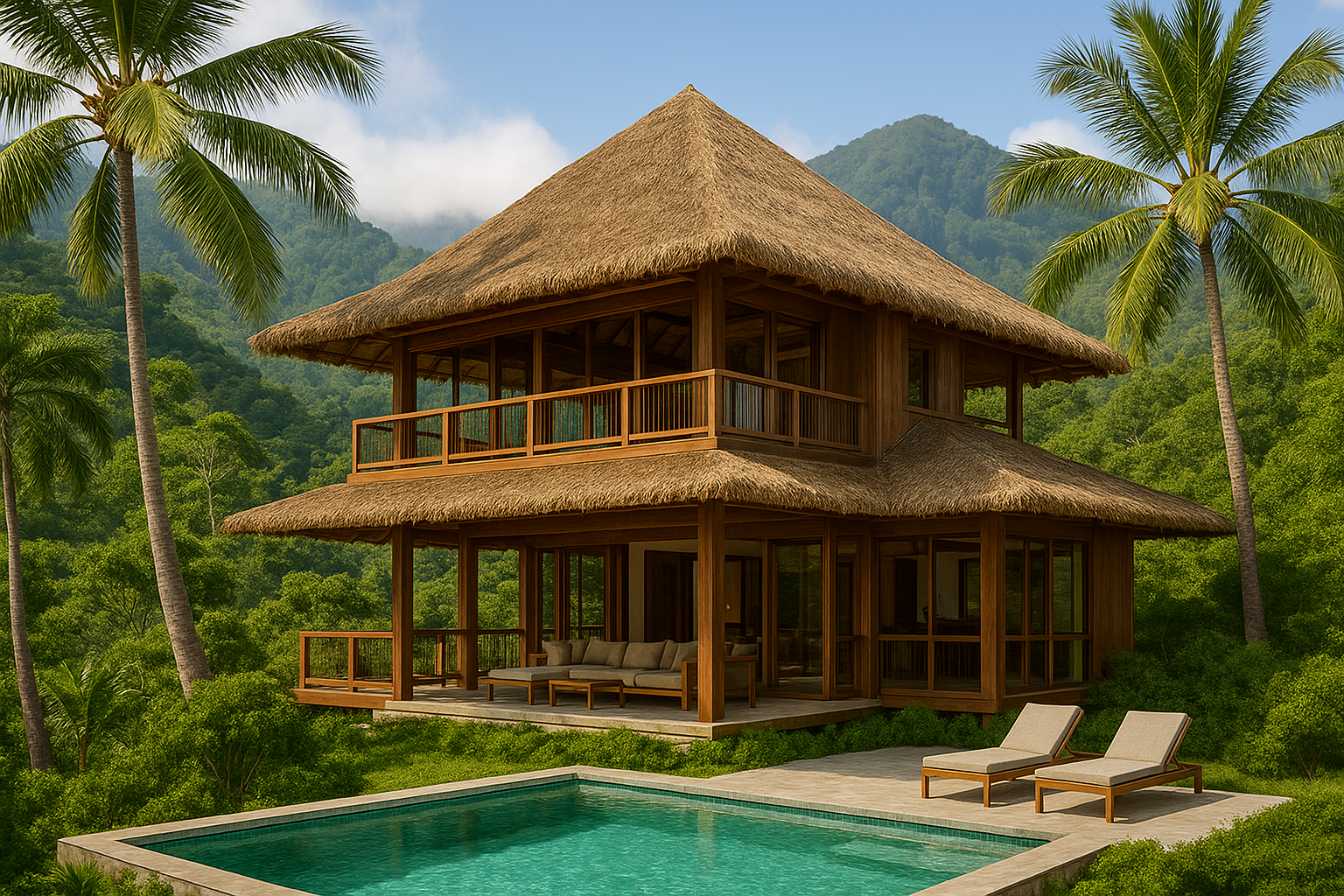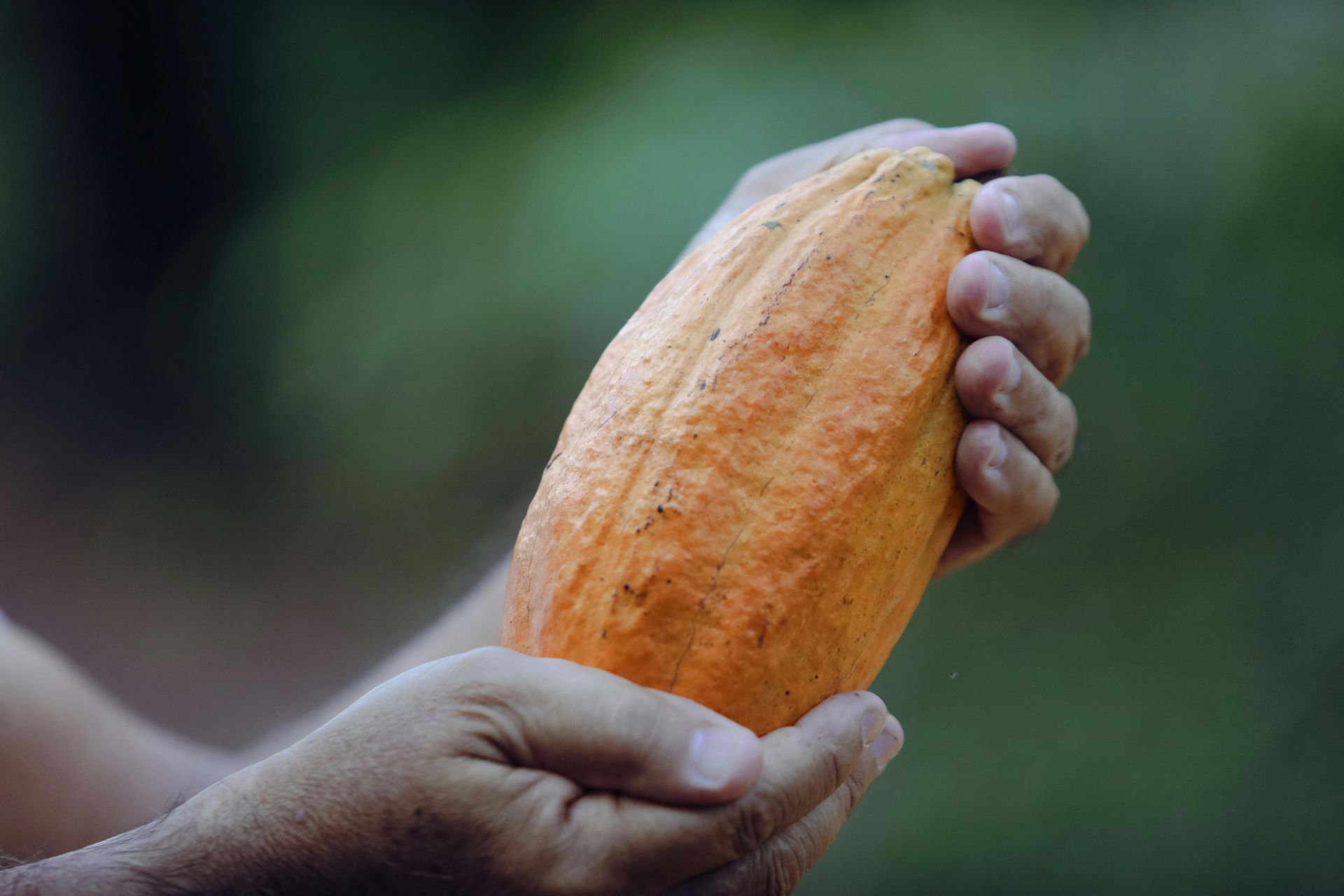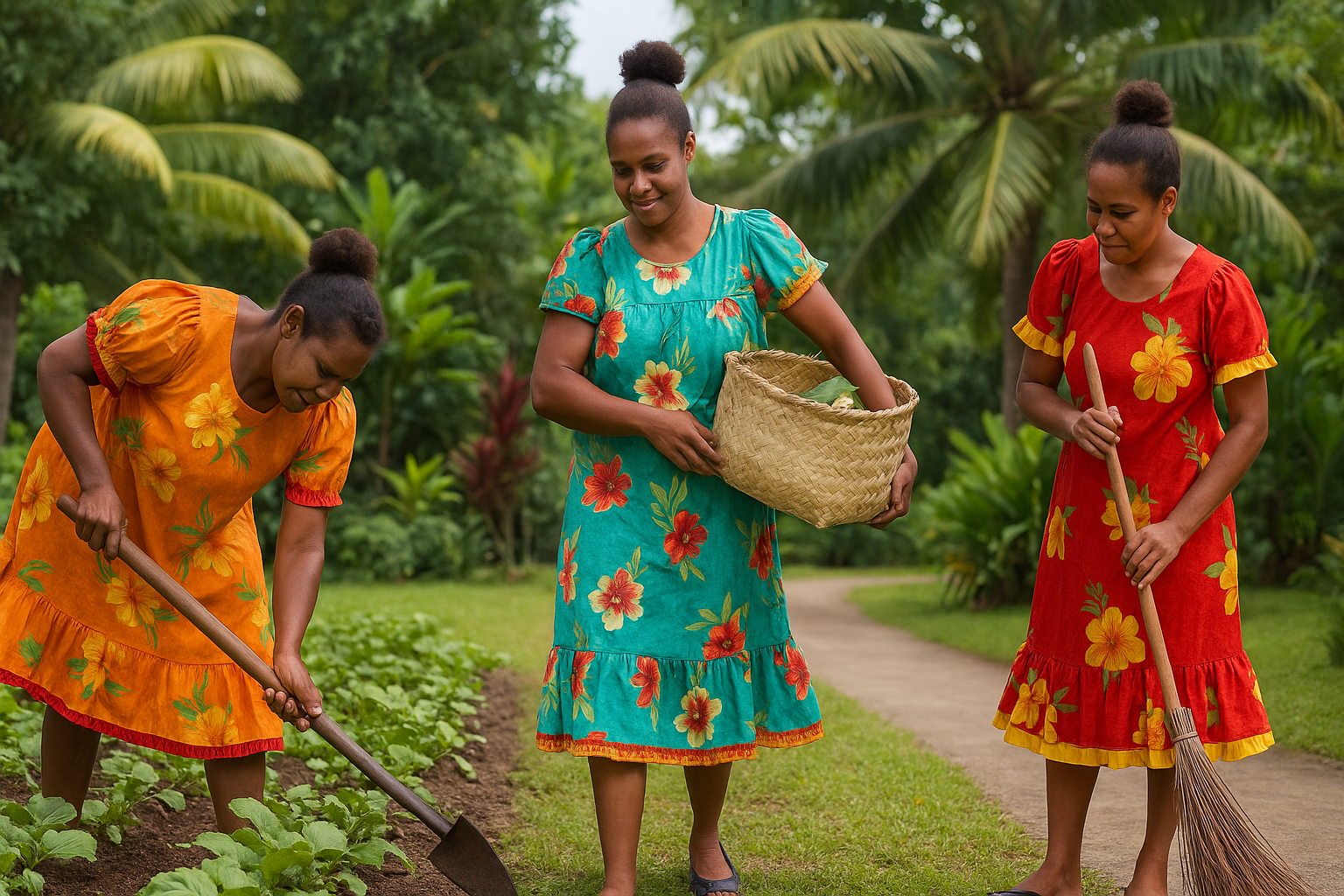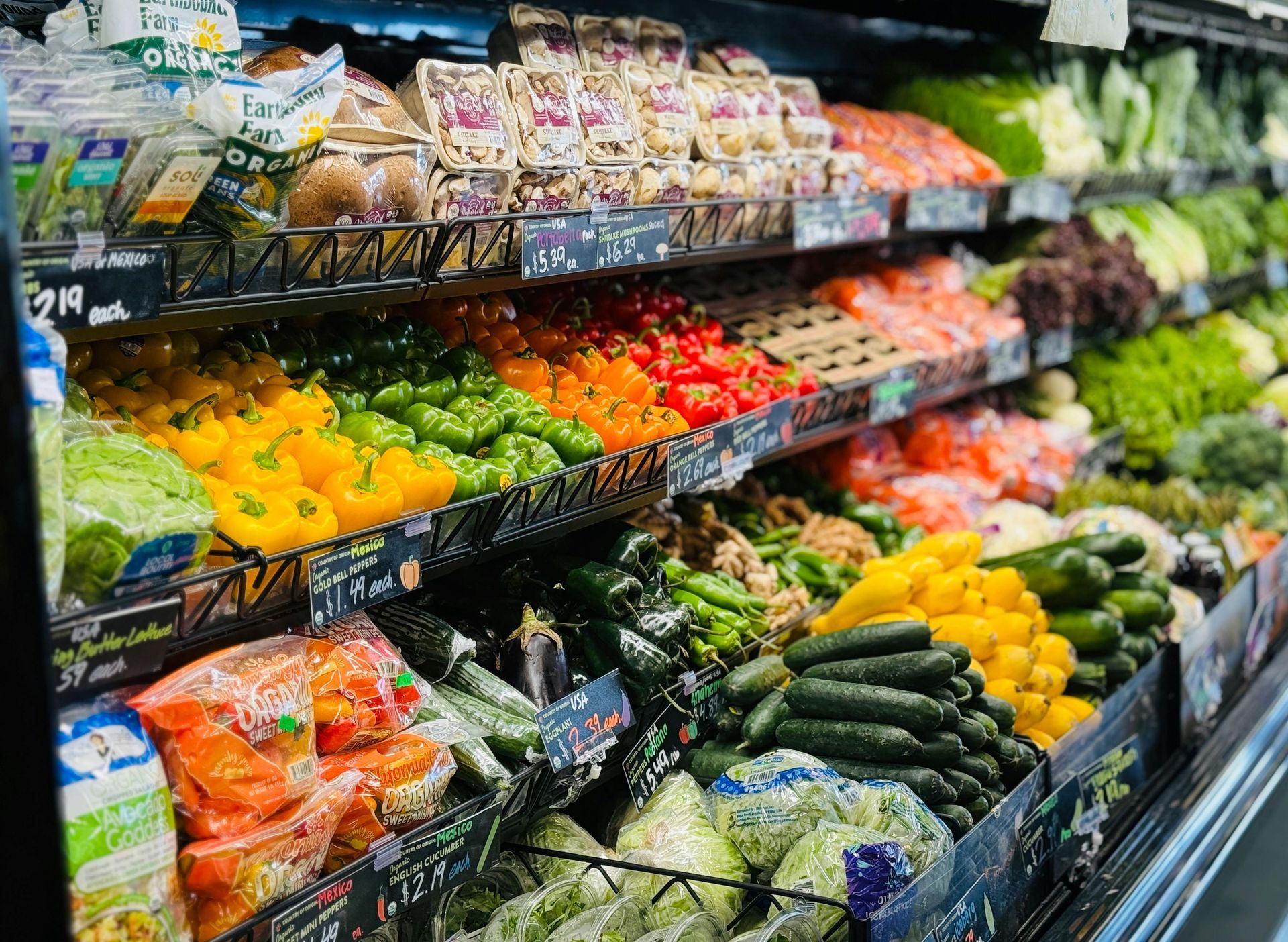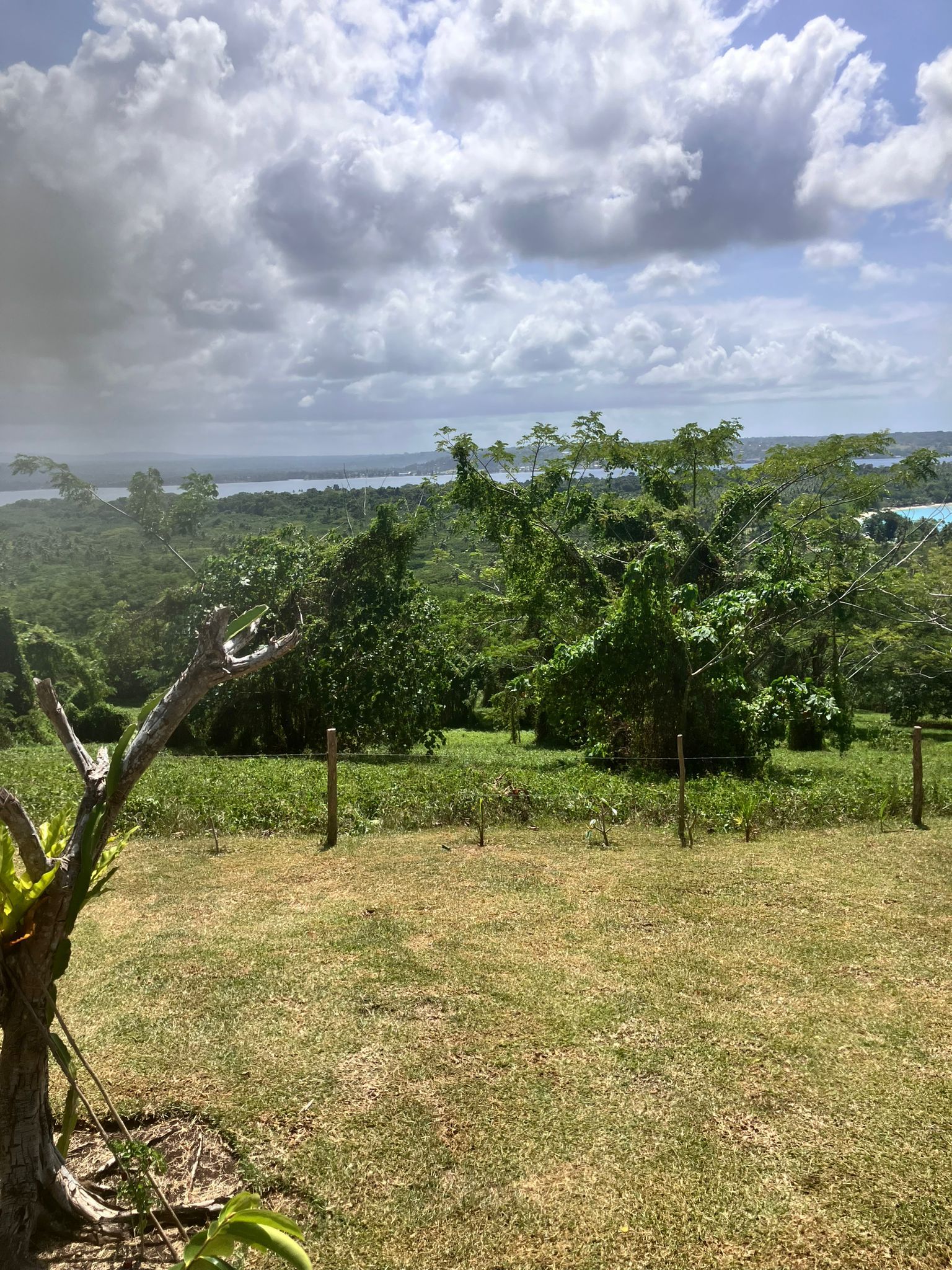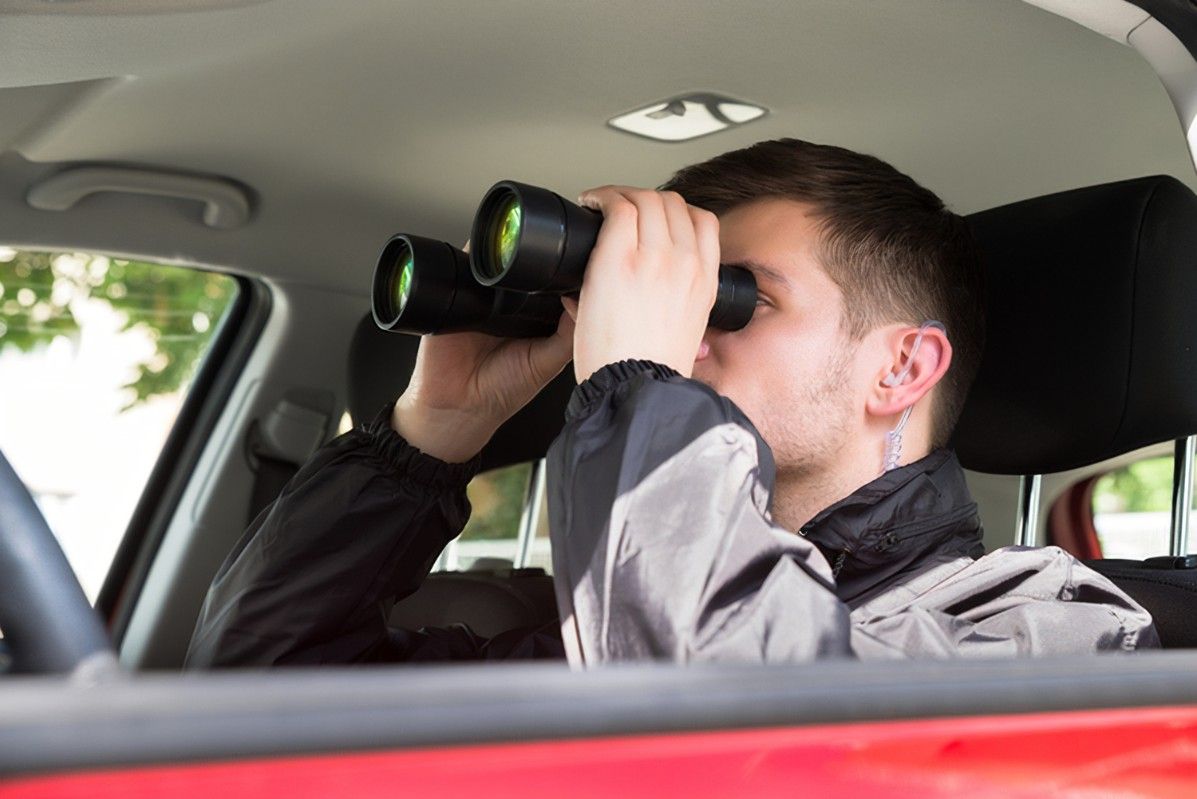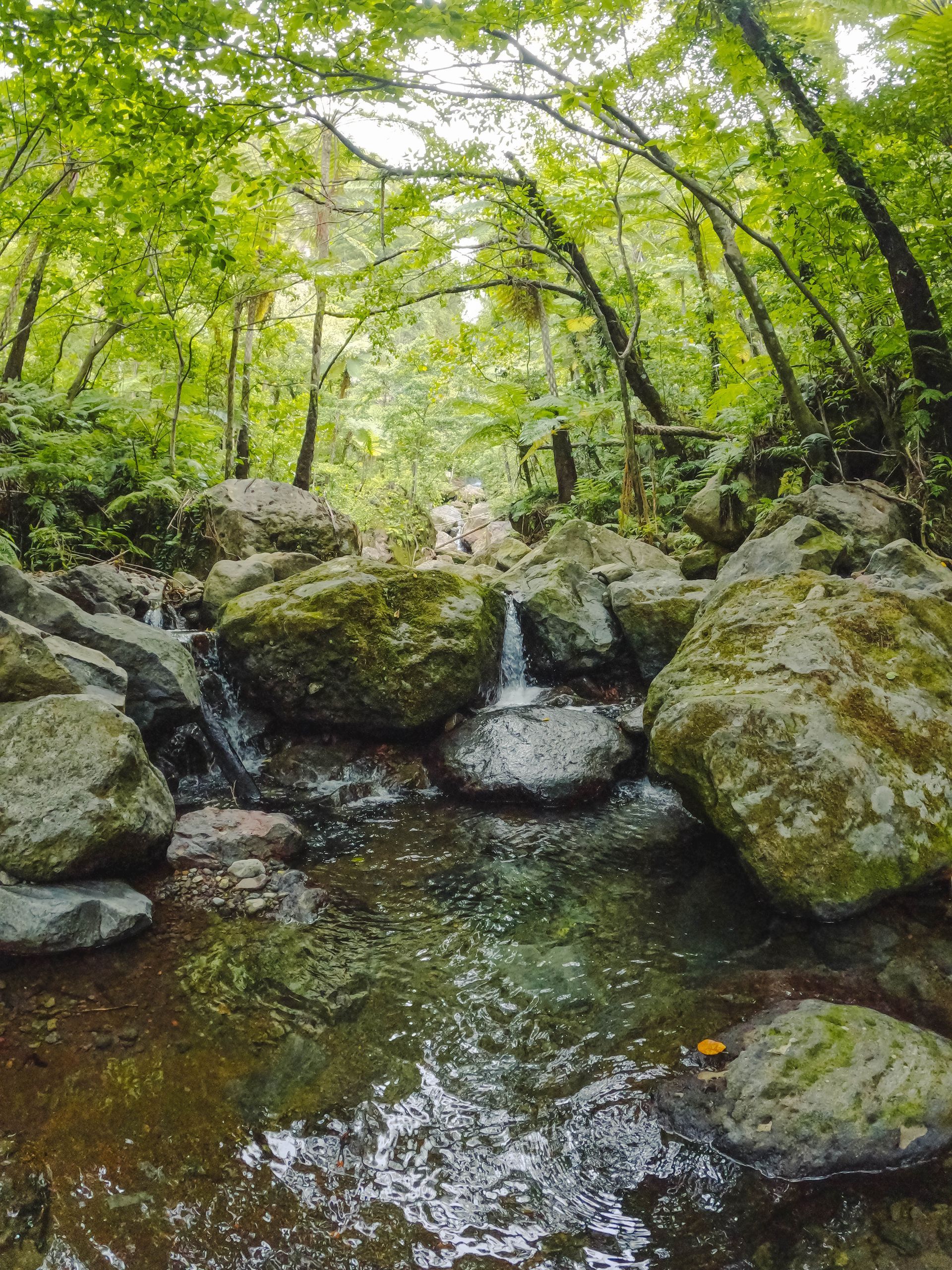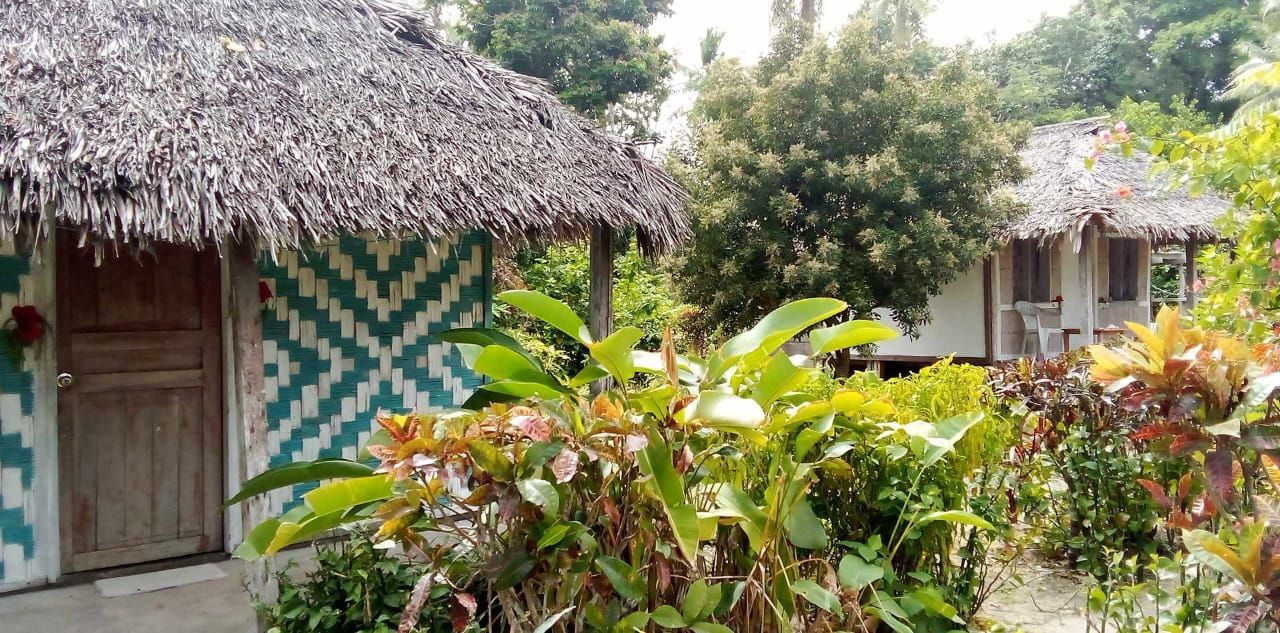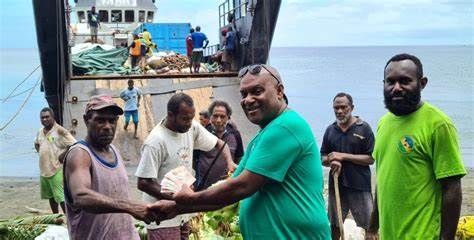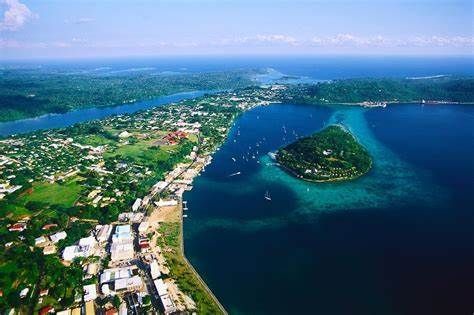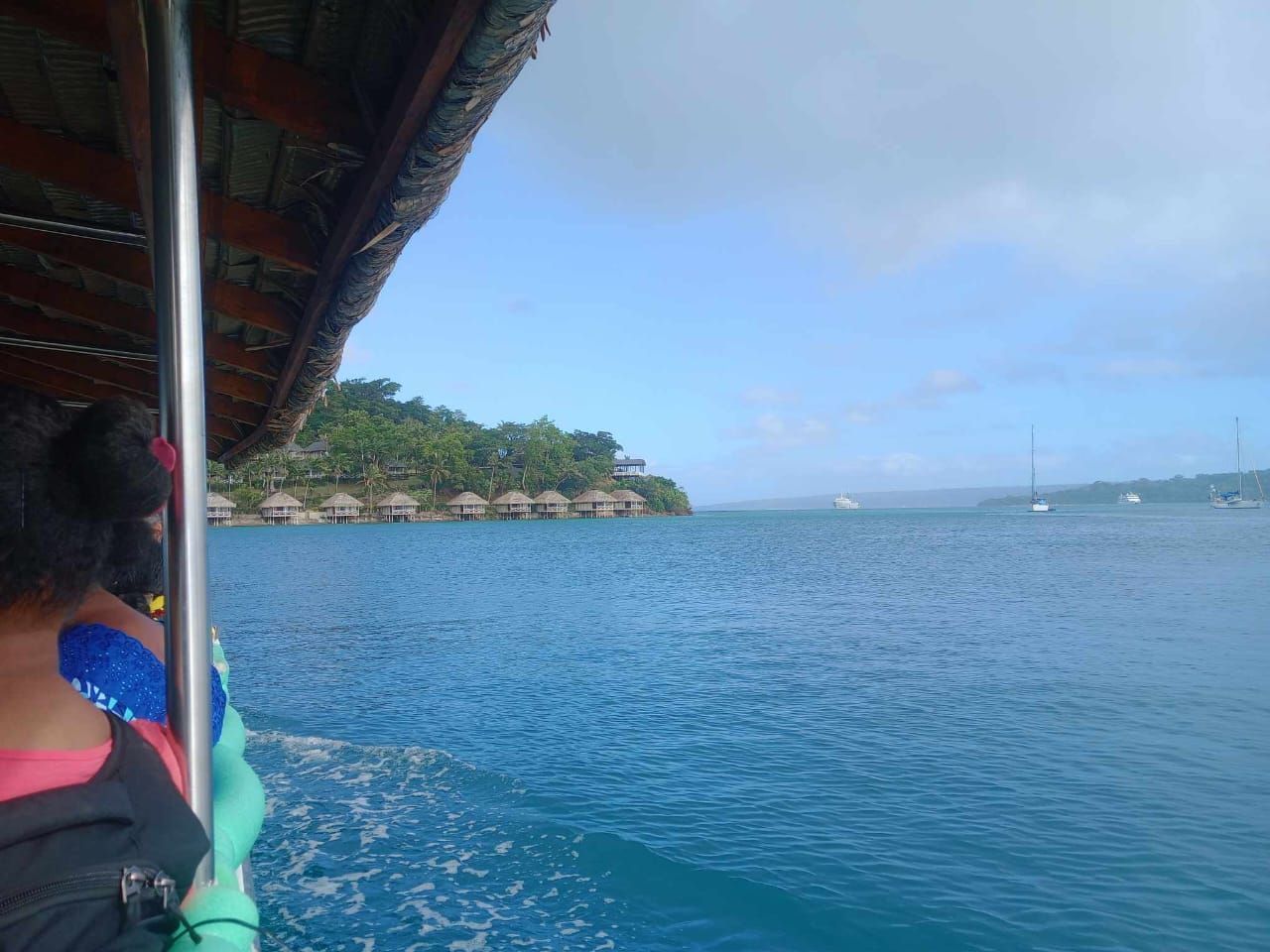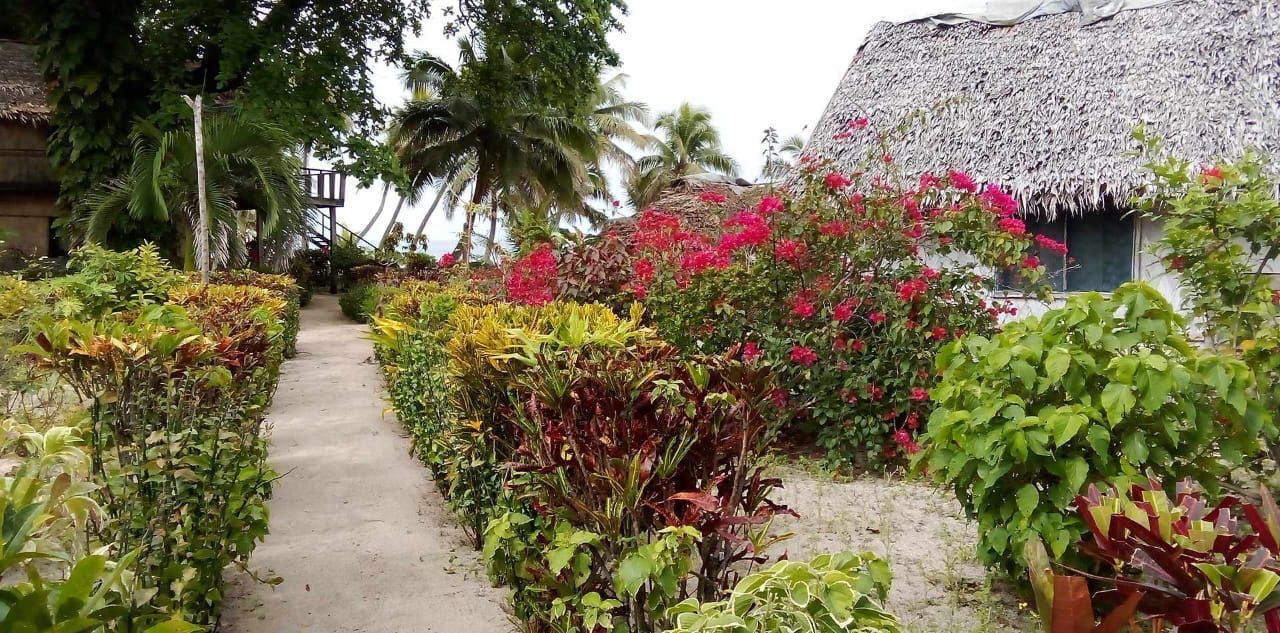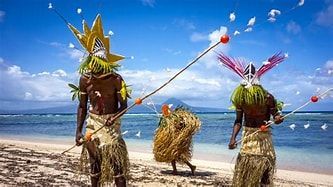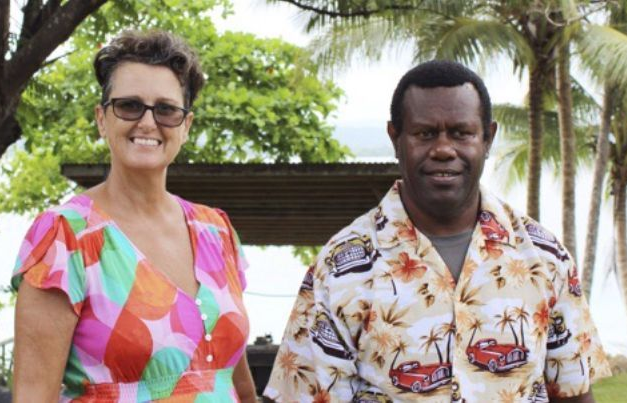Understanding Leasehold Agreements in Vanuatu
A Comprehensive Guide to Property Rights and Management
Share
By Justine Murray 7 min Read
Leasehold Land in Vanuatu
Building Generational Wealth for Local Communities
Vanuatu’s leasehold system isn’t just a legal framework it’s a blueprint for shared prosperity. While many nations have allowed private land ownership to concentrate wealth, Vanuatu’s leasehold model ensures custom landowners retain control while still participating in economic growth. It’s a structure that sustains families, strengthens communities, and builds intergenerational wealth without compromising cultural identity a concept the Australian government could learn a thing or two about when it comes to sharing the benefits of development.
A System Built on Balance and Respect
In Vanuatu, all land ultimately belongs to the custom owners the traditional stewards of the land. Investors, expatriates, and businesses can only lease it, usually for 50 to 75 years, depending on the agreement. This simple but powerful model means that while outsiders can develop and benefit from the land, the land itself always comes home to its rightful owners.
Each lease cycle renews opportunity. When a lease expires, the custom owners have the right to renegotiate terms based on market value, demand, and the social or environmental impact of prior developments. It’s not just about property it’s about fair participation and community benefit.
Economic Empowerment and Community Growth
Every lease creates ongoing benefits for Ni-Vanuatu families. Lease income funds school fees, village infrastructure, clinics, and local businesses. It injects cash flow directly into rural areas, where traditional economies still thrive on cooperation and kinship.
This is where the brilliance of Vanuatu’s system shines foreign capital fuels local progress. Instead of being displaced, local landowners are stakeholders. The model ensures that as tourism, agriculture, and real estate expand, so does the wealth of the people who have called this land home for generations.
Explore tips on buying land
When buying or leasing land in Vanuatu, always verify that the lease is registered, check the expiry and renewal terms, and confirm the custom owner signatures match the title record. This ensures your investment is secure and transparent.
Long-Term Stability for Investors
For investors and expatriates, leasehold offers security and predictability. With lease terms lasting several decades and clear legal frameworks under the Land Leases Act, investors can develop homes, resorts, farms, or commercial ventures with confidence.
Registered leases are legally enforceable, transferable, and mortgageable meaning they hold value similar to freehold titles in many Western systems. Investors can buy, sell, or sublease their interests during the term, providing both flexibility and market liquidity.
In short, Vanuatu’s leasehold is not a compromise it’s a smart, balanced approach that respects both investor certainty and indigenous sovereignty.
Leasehold as a Model for Generational Wealth
Unlike many systems where land is lost forever through sales, Vanuatu’s leasehold ensures that wealth returns to the community at the end of each term. When a lease is renewed, custom owners benefit from increased land values, reflecting inflation, tourism growth, and improved infrastructure.
This cyclical renewal builds real generational wealth. Children inherit not just land, but income streams and bargaining power. The system prevents landlessness and ensures that every new negotiation uplifts the next generation.
Supporting Sustainable Tourism and Agriculture
Leasehold has been a catalyst for sustainable tourism development across Espiritu Santo, Efate, and the outer islands. Boutique resorts, adventure lodges, and eco-farms often operate under lease agreements that include environmental clauses and community benefit obligations.
This encourages responsible development where investors don’t just take from the land, but contribute to its preservation. Many leases now include reforestation, waste management, and employment targets for local residents.
Agriculture, too, thrives under this system. Leasehold land is used for vanilla, cocoa, coffee, and pepper plantations, creating export income while maintaining custom ownership. The result is a self-sustaining ecosystem where both sides investor and landowner share the rewards.
Vanuatu Lifestyle
Experience the rhythm of island living from sunrise swims and fresh market produce to evenings by the sea with local music and community gatherings. Vanuatu’s lifestyle is about connection, simplicity, and balance the true reward of investing in paradise.
Lessons for Australia and Beyond
Australia’s ongoing struggle to reconcile Indigenous land rights with modern economic systems could take cues from Vanuatu’s approach. Instead of locking traditional owners out of the economic cycle, Vanuatu’s model keeps them front and centre.
It’s proof that cultural heritage and economic progress are not mutually exclusive. In fact, when land remains in the hands of its people, development becomes more authentic, stable, and equitable. The leasehold system demonstrates how wealth can circulate rather than concentrate, creating shared prosperity rather than permanent displacement.
Challenges and the Path Forward
Like any system, leasehold comes with challenges such as ensuring transparency in lease renewals, protecting landowners from unfair agreements, and maintaining clarity around overlapping custom claims. But these are manageable issues, and ongoing land reforms aim to simplify renewals, digitize lease records, and strengthen dispute resolution mechanisms.
The key is continued education for both landowners and investors so every lease is structured with mutual respect, clear terms, and long-term sustainability in mind.
The Future: A Nation That Owns Its Destiny
Leasehold land in Vanuatu is not just an economic mechanism it’s a living example of community-led development. Every transaction reflects the country’s values: respect, partnership, and shared benefit.
As global investors seek ethical and sustainable opportunities, Vanuatu stands as a beacon of what’s possible when traditional ownership meets modern investment. It’s a reminder that real progress doesn’t come from taking land it comes from sharing opportunity.
The leasehold system keeps the heart of Vanuatu beating ensuring that every lease signed today helps a Ni-Vanuatu family tomorrow, preserving the legacy of land, culture, and prosperity for generations to come.

